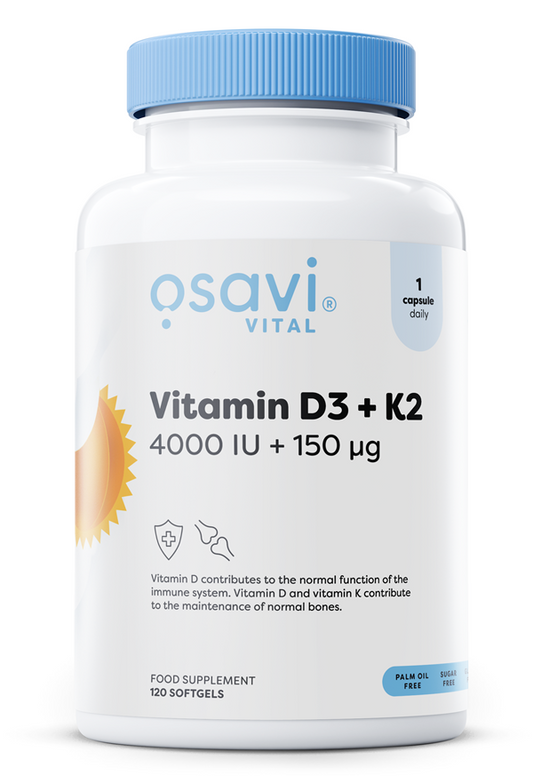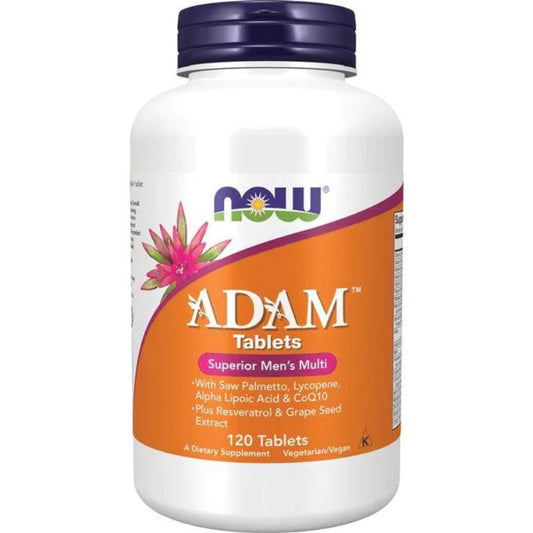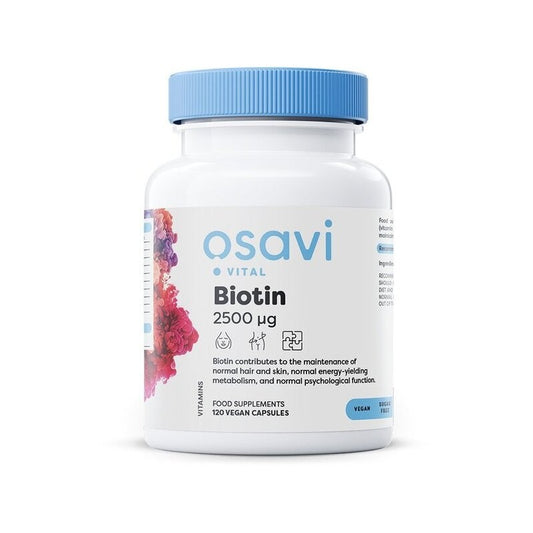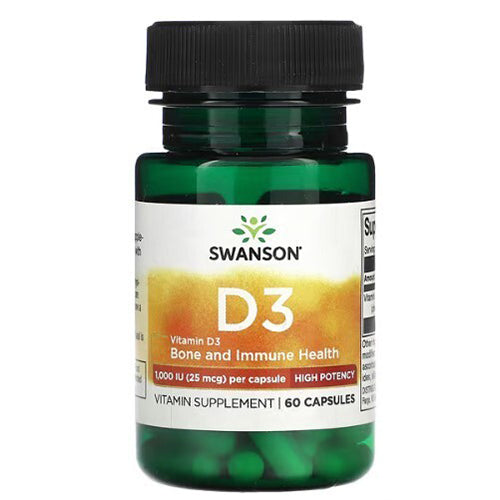
How to Support Brain Health and Sharpen Your Memory Naturally
Jakub SkibaIn today’s fast-moving world, it’s not unusual to feel mentally drained, forget small details, or lose focus during the day. Many people notice moments of forgetfulness—like misplacing items, missing appointments, or struggling to recall a name—and wonder if their mind is slowing down. While occasional lapses are normal, frequent brain fog or declining concentration can signal that your brain may need extra care and support.
Cognitive performance depends on more than just age—it’s influenced by how you eat, sleep, and manage stress. Factors such as chronic fatigue, emotional pressure, dehydration, or nutrient deficiencies can affect how efficiently your brain processes information. Even young adults can experience memory lapses when the body and mind are overworked.
The encouraging news is that your brain is highly adaptable. With the right balance of nutrients, movement, and mental stimulation, you can strengthen focus, recall, and overall mental clarity. In this article, we’ll explore natural ways to support brain health through key vitamins, minerals, and lifestyle habits that promote focus and cognitive balance. Remember, if memory changes are persistent or worsening, it’s always best to consult a qualified healthcare provider for personalized advice.
What Is Cognitive Function?
Cognitive function refers to how your brain processes information—your ability to think, reason, remember, and focus. Over time, factors like stress, poor sleep, and inadequate nutrition can slow these processes down. Occasional forgetfulness is normal, but ongoing difficulty concentrating or recalling information may suggest that your cognitive system needs support.
Common influences on brain performance include:
-
Lack of quality sleep
-
Chronic stress
-
Nutrient deficiencies
-
Hormonal changes
-
Certain medications or health conditions
Common Signs Your Brain May Need Support
You might notice:
-
Forgetting names, dates, or recent conversations
-
Difficulty focusing or multitasking
-
Slower decision-making or problem-solving
-
Mental fog or confusion
-
Repeating questions or losing track of time
If these experiences become frequent, seeking professional guidance can help uncover potential causes.
Nutrients That Support Memory and Focus
Your brain depends on essential nutrients to create neurotransmitters, protect nerve cells, and maintain energy balance. A diet rich in brain-supportive vitamins and minerals can help sustain clarity and focus.
Omega-3 Fatty Acids
Why they help: Support brain cell structure and communication.
Sources: Salmon, sardines, walnuts, flaxseeds
Supplements: Fish oil or algae-based omega-3s rich in DHA and EPA
Vitamin B12 and Folate (B9)
Why they help: Essential for nerve health and cognitive performance.
Sources: Eggs, leafy greens, legumes, dairy, meat
Supplements: B-complex or methylated B12 and folate
Vitamin D
Why it helps: Supports normal brain function and overall mood balance.
Sources: Sunlight, fortified foods, fatty fish, egg yolks
Supplements: Vitamin D3 for better absorption
Vitamin E
Why it helps: A potent antioxidant that protects brain cells from oxidative stress.
Sources: Nuts, seeds, spinach, sunflower oil
Supplements: Natural vitamin E (d-alpha-tocopherol)
Magnesium
Why it helps: Aids in nerve transmission and supports learning and memory.
Sources: Leafy greens, avocados, nuts, beans
Supplements: Magnesium threonate, citrate, or glycinate
Choline
Why it helps: Supports the production of acetylcholine, a neurotransmitter essential for memory.
Sources: Eggs (especially yolks), soybeans, liver
Supplements: Alpha-GPC or CDP-choline
Antioxidants (Curcumin & Resveratrol)
Why they help: Protect brain cells from oxidative stress and support long-term cognitive resilience.
Sources: Turmeric, blueberries, grapes
Supplements: Curcumin (with black pepper for absorption), resveratrol
Lifestyle Habits That Support a Healthy Mind
Nutrition works best when combined with consistent daily habits that keep the brain active and well-rested.
Exercise Regularly
Physical activity boosts blood flow to the brain and encourages the growth of new neural connections. Aim for at least 30 minutes of movement most days.
Prioritize Quality Sleep
Memory formation occurs during sleep. Consistent rest helps maintain focus and energy throughout the day.
Manage Stress Effectively
Chronic stress can interfere with attention and recall. Relaxation techniques such as meditation, yoga, or deep breathing help restore balance.
Eat a Brain-Friendly Diet
Include whole foods, colorful fruits, healthy fats, and leafy greens. Diets inspired by Mediterranean-style eating patterns are known to support cognitive health.
Keep Learning
Challenge your brain with new skills, reading, or puzzles. Ongoing learning helps maintain cognitive flexibility.
Stay Connected
Conversations, laughter, and social engagement stimulate both memory and emotional well-being.










